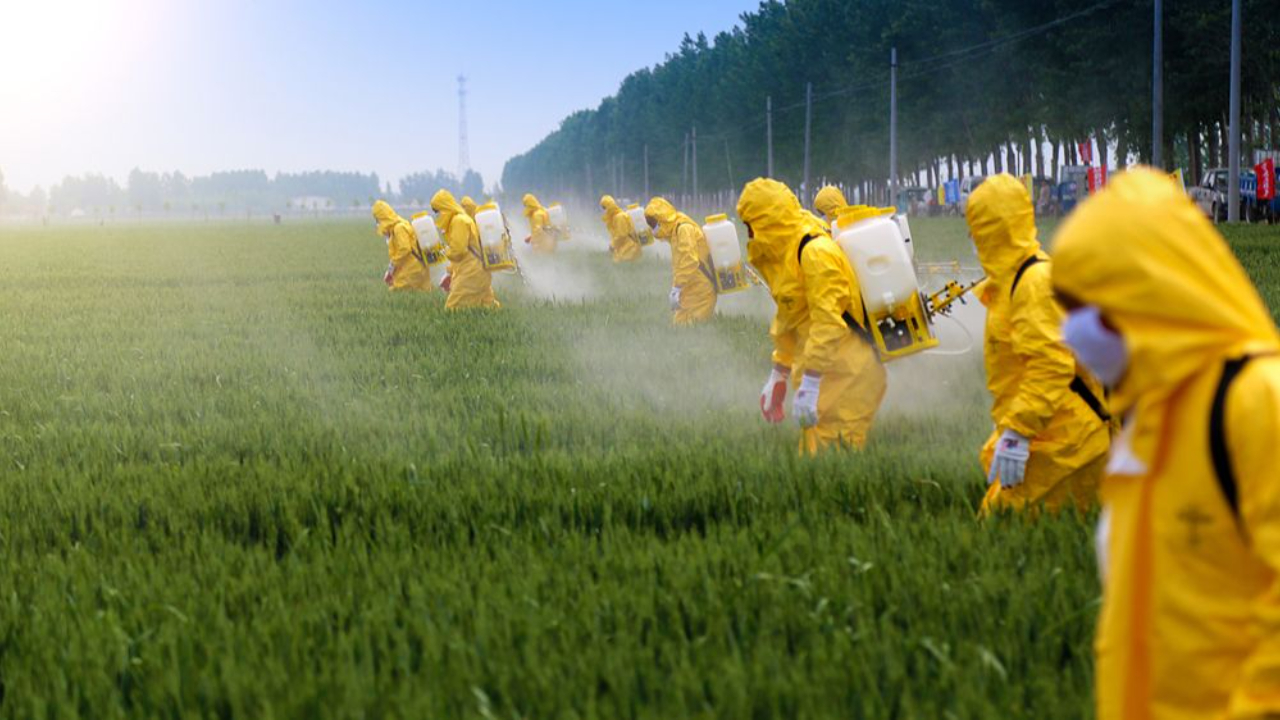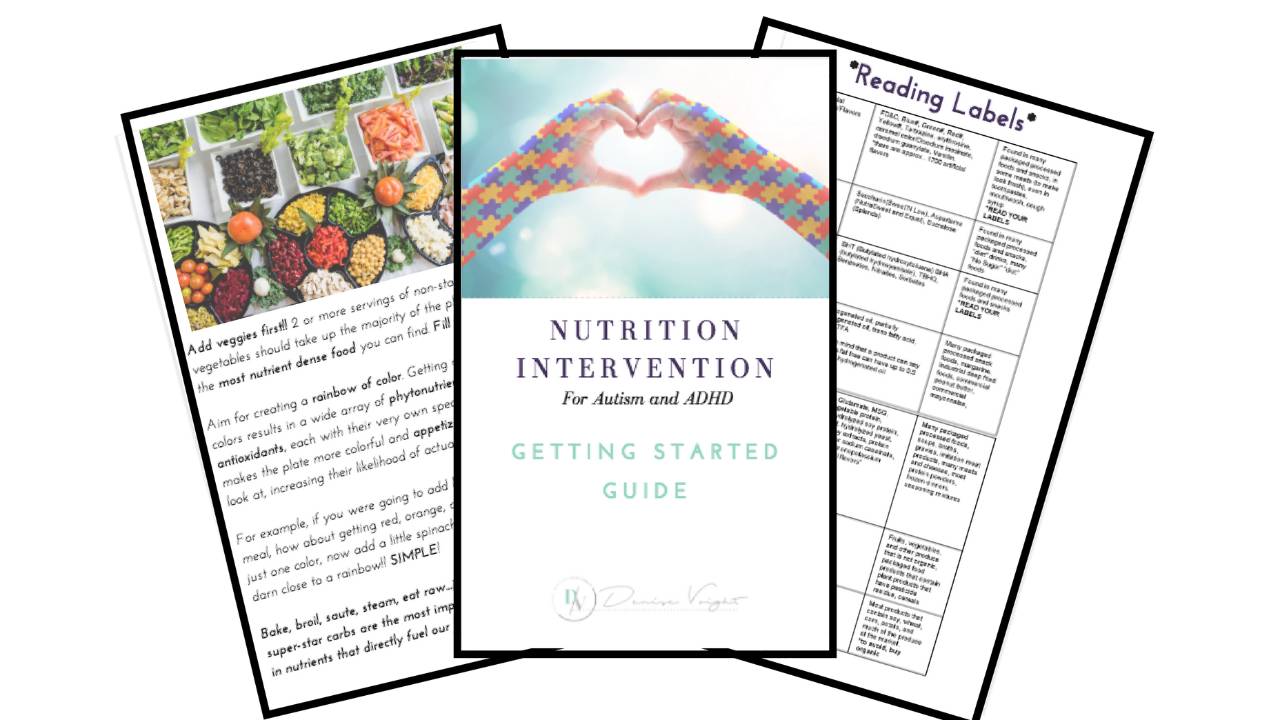Support Autism Detox: Protecting Kids from Environmental Toxins

Children with autism spectrum disorder (ASD) may encounter heightened challenges in detoxifying environmental toxins, exhibiting sensitivities to everyday chemicals like household cleaners or air pollutants that can subtly influence their health and behavior. This expanded guide takes a deeper dive into these detoxification hurdles with fresh, evidence-based perspectives. We'll uncover innovative lifestyle, environmental, and holistic strategies to fortify your child’s natural detox mechanisms, drawing on functional medicine to empower families beyond traditional approaches.
Exploring Detoxification Challenges in Autism
Kids with ASD often display amplified responses to toxins—ranging from skin rashes after exposure to laundry detergents to unexplained fatigue from urban smog. This vulnerability may stem from genetic variations affecting key liver enzymes, such as glutathione S-transferase (GST), which are crucial for breaking down harmful substances. Research from the Journal of Autism and Developmental Disorders suggests that up to 50% of children with ASD have reduced GST activity, impairing the body's ability to neutralize free radicals and heavy metals.
These challenges extend beyond the liver to other systems: the skin, lungs, and kidneys serve as secondary detox barriers, but in ASD, compromised gut permeability ("leaky gut") can allow toxins to enter the bloodstream more easily. Unlike standard detox processes in neurotypical children, this inefficiency can lead to bioaccumulation, where toxins build up over time, potentially exacerbating symptoms like hyperactivity or cognitive fog.
The Real-World Effects of Toxin Sensitivity
Toxin sensitivity isn't just a minor inconvenience—it can disrupt daily life in profound ways. For instance, exposure to volatile organic compounds (VOCs) in paints or plastics might trigger headaches or irritability, mimicking behavioral flares often misattributed to ASD alone. Delayed recovery from minor illnesses, such as a cold, could signal overburdened detox pathways, leading to prolonged school absences or reduced playtime.
Environmentally, urban living or homes with mold can worsen these effects, distinguishing toxin sensitivity from gut or immune issues by its focus on external triggers. Long-term, accumulated toxins may contribute to neuroinflammation, as studies in Environmental Health Perspectives link heavy metal exposure (e.g., lead) to heightened ASD risks. This subtle buildup often goes unnoticed, quietly affecting mood, focus, and overall resilience.
Innovative Detox Support Strategies
To counter these challenges, let's shift emphasis to multifaceted lifestyle and environmental enhancements, grounded in functional medicine:
- Air Quality Optimization: Invest in HEPA-filter air purifiers with activated carbon to trap VOCs and allergens. Place them in bedrooms and play areas to reduce indoor pollution by up to 90%, as per EPA guidelines. For outdoor exposure, limit time in high-traffic areas and use apps like AirNow to check local air quality.
- Eco-Friendly Home Makeover: Transition to natural cleaning products using vinegar, baking soda, or essential oils to minimize chemical residues. Avoid plastics with BPA or phthalates by opting for glass or stainless steel containers, which can cut toxin ingestion during meals.
- Hydration and Sweat Therapies: Encourage daily hydration with filtered water (aim for 4-6 cups for young kids) infused with citrus for natural liver support. Promote gentle sweating through warm baths or light exercise to aid skin-based detox, as sweat can excrete heavy metals like arsenic.
- Home Toxin Audit: Conduct a DIY environmental check for common culprits like mold (use moisture meters) or lead (test kits available online). Professional inspections every 2 years can identify hidden risks, preventing long-term exposure.
While nutrition plays a supportive role—such as My Spectrum Heroes antioxidants to bolster enzyme activity—these strategies prioritize prevention through environment.
Support your child’s detox journey naturally! Explore the EnviroTOX Panels® over on our Lab test page to get more insight on the levels of toxins that might be causing unwanted symptoms and behaviors.
